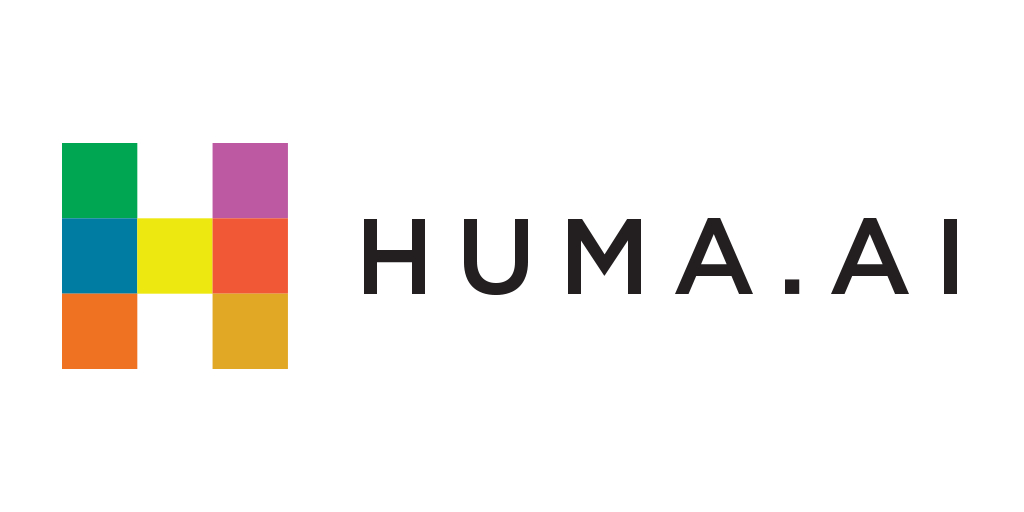Interview by Paul Salfen
Lana Feng says AI has huge Implications for Life Sciences Industry, ergo for us all. According to Feng, Google has nothing to be afraid of, there is no Terminator doomsday scenario. She envisions this tool working alongside people, not replacing them, by making experts even more effective.
Palo Alto, Calif. – (March 29, 2023) – Huma.AI, a leading generative AI platform for life sciences, released the findings of a survey today which found that Medical Affairs leaders see significant potential for the application of ChatGPT-like technology at Life Science companies within the next two years.
86% of the Medical Affairs leaders when asked whether Generative AI can be applied at Life Science companies answered, “Yes” or “eventually Yes.” Generative AI holds the potential to transform Medical Affairs activities, helping teams to provide more effective and targeted engagement with healthcare professionals (HCPs) and ensure products are used safely and effectively by HCPs and patients, among other uses. Only 1% of the respondents said it has no potential.
In addition, over the same period of time, Medical Affairs professionals believe they are uniquely situated to improve patient outcomes with Generative AI. While ChatGPT-like technology has many potential applications within Life Science companies, 49% of survey respondents said that Medical Affairs has the most appropriate use cases.
“Generative AI could enable more efficient and effective analysis of vast amount of unstructured data such as internal data and publications, strategy development, and decision-making,” said Dr. Lana Feng, CEO of Huma.AI. “However, it is important to note that generative AI should not be seen as a replacement for human expertise and judgment, but rather as a tool to augment and supercharge human decision-making.”
It makes sense that 40% of the survey respondents suggested that applying Generative AI to further leverage research publications as the data source that would be most advantageous when leveraging Generative AI.
65% of the Medical Affairs leaders surveyed believed either verifiability or accuracy was the most important attribute needed when generative AI is applied to Life Sciences domain.
Verifiability is important because it enables stakeholders such as medical affairs and regulatory experts, healthcare professionals, and patients to trust the results produced by the AI model. Accuracy is important because inaccurate intelligence can have serious consequences for patient safety and product efficacy and can result in regulatory and legal issues. An “expert in the loop” AI approach addresses both verifiability and accuracy, which explains the third most common answer that such an expert is the most important attribute (20%).
When asked, 44% of Medical Affairs leaders answered that they believed generative AI would be implemented within their organization from 6 months to two years. Also noteworthy: only 11% of respondents stated that ChatGPT -like technology was unlikely ever to be implemented at Life Science companies.
About Huma.AI
Co-founded by Lana Feng Ph.D. and Greg Kostello, Huma.AI is a leading generative AI company offering a powerful and user-friendly NLP platform that turns life science domain experts into their own data scientists. The name Huma means human plus machine where humans always come first. Its transformative, human-centric AI platform has garnered tremendous industry recognition, and Huma.AI currently works with many pharmaceutical and medical device and IVD companies across the globe. Learn more at https://huma.ai/survey .
Huma.AI is a pioneer in generative AI, providing its own “ChatGPT” for life sciences through direct collaboration with OpenAI. Its medical affairs solution allows Medical Affairs teams to obtain previously unknown intelligence that is critical for HCP engagement and medical strategy. Huma.AI begins where ChatGPT ends: The platform analyzes across disparate sources, including internal data and external data; provides references and explanations for experts’ verification and validation; its “expert-in-the-loop” approach leads to the highest accuracy possible. Huma.AI’s mission is to empower life science professionals with mission critical decision-making data, insights, and analysis using everyday language.

